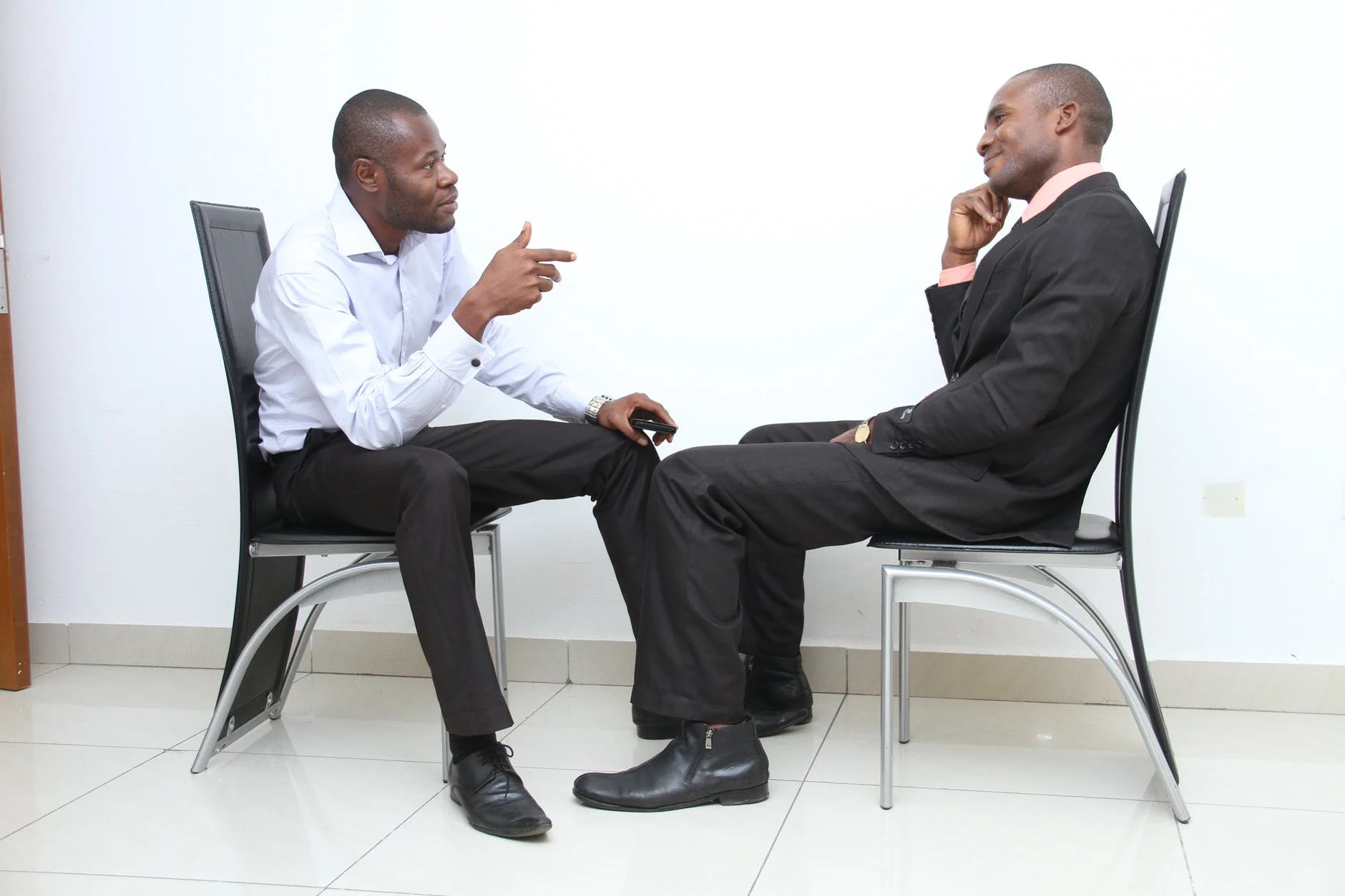What is HBS Looking For?
What Should You Be Looking For?
B-school interviews vs. Job Interviews
When it comes to interviews, one of the most common mistakes MBA applicants make is to prepare for their MBA interview in the exact same way they prepare for a job interview. If you want to avoid an eye roll after you leave your school’s interview session and potentially being told “thanks but no thanks,” read on…
Being Thankful
This time of year is all about Thanksgiving. Well, and Christmas, but let’s not get ahead of ourselves. Giving thanks is an important part of everyone’s lives, but the busy schedules we all lead can leave us skipping over thankfulness altogether. Similarly, when it comes to business school applications, clients often fail to remember to give appropriate thanks too. Are you one of them?
Owning Your MBA Career Goals in 5 Easy Steps
What are your strengths and weaknesses?
If you applied during round one, you are hopefully by now receiving interview invitations from some of your target schools. While preparing for this stage can certainly be a stressful time, most applicants find excitement and take comfort in being identified as someone the schools want to talk to. Some of the most common questions you will likely face will be about your strengths and weaknesses. Are you ready to answer them?
Tell Me About Yourself
The most common interview question is often the interviewers opening line, so it almost seems like an ice-breaker instead of a serious interview question. While “Tell me about yourself,” sounds simple enough on the surface, the way you answer this seemingly innocuous question can make or break the rest of the interview---and possibly your chances of admission altogether.
What's the Deal with Work Experience?
Stop Trying to Impress
Rules of Thumb for Word Limits
Rejected? The Ding Analysis "Triangle" for MBA Applicants
These days, in addition to helping our clients navigate financial aid decisions and a few waitlist scenarios, we also meet a lot of new folks who didn't use admissions consulting services to apply - but now are wondering if perhaps they should have. Most often, they are asking for "ding analysis," which is basically "please tell me if I did something wrong and whether I can fix it for next time." We are happy to oblige, of course, and so we see a lot (we mean A LOT) of rejected applications, to a lot of schools. In giving feedback time and again, we naturally are starting to see some of the same issues cropping up.
Always Waive Your Right to View Your MBA Recommendation
I tell my clients up front that they have to waive their right to view their recommendation, and that it is not really an option to not do so.
Not waiving your right could tell the admissions committee that you don’t trust your recommenders. It could tell them that you are paranoid or overly anxious. It opens up a pandora's box of possibilities, none of which are that great.
5 Reasons Elite MBA Applicants Fail the Failure Essay
How to Get Into Chicago Booth - Essay Analysis and Q&A Discussion
The Hard Part of the MBA Interview - How to Survive It
This article is a bit of a repeat from one we wrote last year, but it's key this time of year, when it seems like every day a client is getting ready to take on an MBA interview.
This particular piece is about a harsh reality of that process, which is that every interview is going to take a dip, or hit a rough patch, at some point ... through no fault of anyone involved. Why is this? And how can you address it? Let's dive into it.
Alternatives to Fan Favorite Programs
Choosing the right business school can be a lot of work. Between research, self-assessment and in-person visits, you have likely realized that much time is spent to decide where you might fit well even before you begin actually writing applications. Why not leverage that effort by applying to clone programs to give yourself more options?
The MBA Round 2 Advantage
It's the time of year where I start having the "Round 2 conversation" a lot with individual clients. Basically, the idea is that Round 2 might be offering a slight advantage, based on theories of market inefficiencies and so forth. For years, the prevailing belief is that Round 1 is the best round to apply to business school. While there is no hard-core evidence to suggest otherwise, some common sense may point to a different result.
Harvard and Kellogg: a tale of two business schools?
Very rarely do we get caught up in trying to spot trends in terms of which schools are "hot" at any given moment.
This is mainly because narratives tend to overreact in the moment, only to fade over time ("Wharton is going off the rails" - 2013 .. "Stanford is mired in sexual harassment scandal!" - 2015), but also because so much of trying to spot these trends is about reacting to anecdotal evidence from a small sample size. Put another way: you are just hearing your clients buzz about schools and express their opinions. Is that enough to go all-in on? No, definitely not. But can you sometimes spot an interesting new trend or pattern? I think yes, sometimes you can.
























